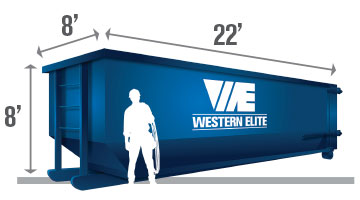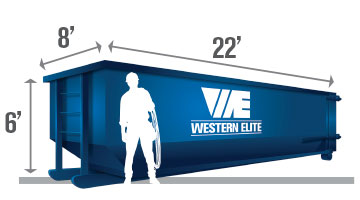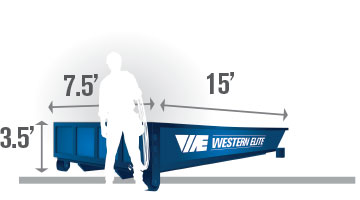Not all of us are good at making a habit out of cleanliness. Often, we assume that having clutter around is just a matter of laziness, or not knowing how to organize. But a recent wave of research shows that there’s a lot more to it. There are layers of psychological reasons behind the way that we react with our environment. It can both affect and reflect our mental state, productivity, and overall satisfaction with our lives. In fact, there’s a really high correlation between a crowded living or working space and stress.
So what is it about all that stuff that stresses us out? And why is it still so hard for us to get rid of it?
How Clutter Affects Your Life
Those of us who live and work in cluttered environments are often experiencing negative effects because of it. Sometimes, the clutter is just a result of other behaviors, but it can also have a cyclical effect, perpetuating bad behaviors and making it more difficult to be healthy, proactive, and positive. Here are some of the ways that it affects us:
- People in clutter are more likely to procrastinate. This is often because we tend to feel overwhelmed before we even get started.
- You’re more likely to overeat if you’re in a chaotic environment. Isn’t that interesting? Studies have shown that the chaotic environment stresses us out, and so we react by eating more.
- It gives us a lower sense of self-worth. Keeping clutter around often means that we’re putting too much value into the wrong things. Instead of looking at all those things and considering them something that we own, we might start thinking that it’s actually a reflection of ourselves.
- We experience more guilt and self-recrimination. Often, the problem with clutter is that it’s a constant reminder of something we should be doing. However, we can’t seem to get over the hurdle of actually doing something about it. However, before you let guilt and self-recrimination get the best of you, ask yourself why it really is that you hang on to these things? It’s not just because you’re messy and busy.
Why We Hold On to Clutter
The thing is that we have a tendency to imbue the items around us with meaning. Often, things replace emotional needs we have, or we consider them a reflection, or evidence, of those things that we value the most. For example…
- We associate certain items with relationships. Sometimes the item was a gift from someone else; other times it’s just an item that reminds us of them. In any case, we prioritize these relationships, and so often we abuse the transitive property and prioritize these items, too.
- They remind us of certain times in our life. Sometimes, things are a way to keep the past present. Souvenirs from a trip remind us that we’re adventurous and connected with the world. A trophy from college reminds us of achievements during our glory days. The picture that was up in your childhood home reminds you of simpler times. In any case, these preoccupation with the past can sometimes get in the way of our progress in the future.
- They keep our obligations at the top of our mind. Do you have tools from a project that’s half-finished laying around somewhere in your home? Do you keep clothes that you don’t fit in anymore, because you plan to lose weight at some point?
- Do you hold on to items that you mean to fix up and repair at some point? These items can be the most harmful to keep around because the unfulfilled obligations usually lead to shame and avoidance.
- They serve as evidence of our success. Too often, we invest our self-worth in physical things. Expensive doodads remind you that you’re successful enough to afford such things. Filling up a large space establishes you as the master of the area. And accessories allow us to communicate prosperity to others at a glance.
All of these things are common among all of us. However, they can also become traps that keep us bogged down with stuff. So, if it’s time for you to de-clutter, contact us today about our disposal options that make it easy to get the job done.






